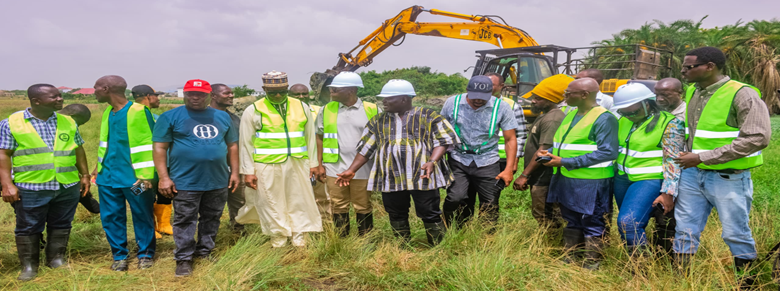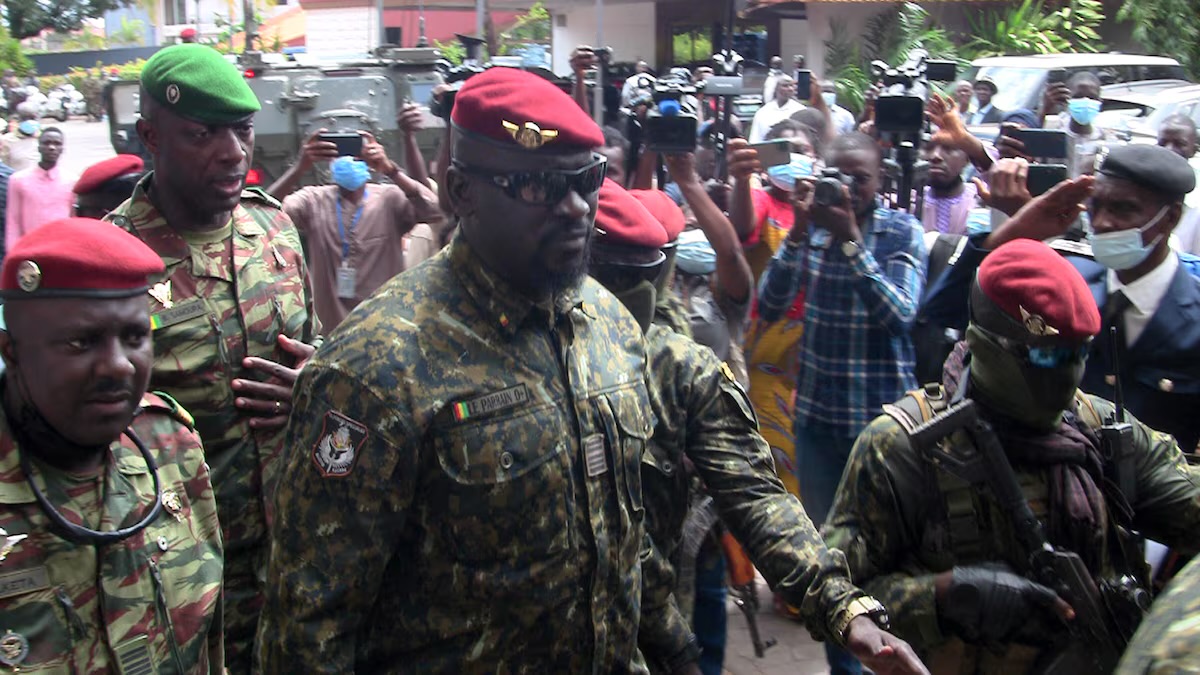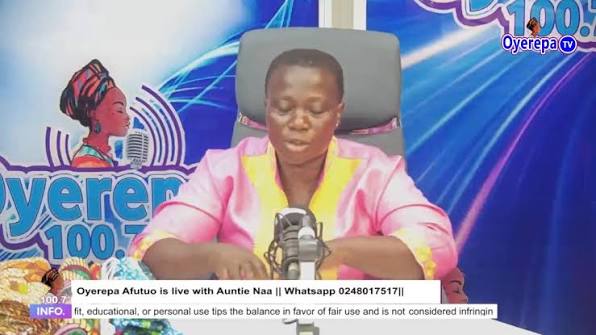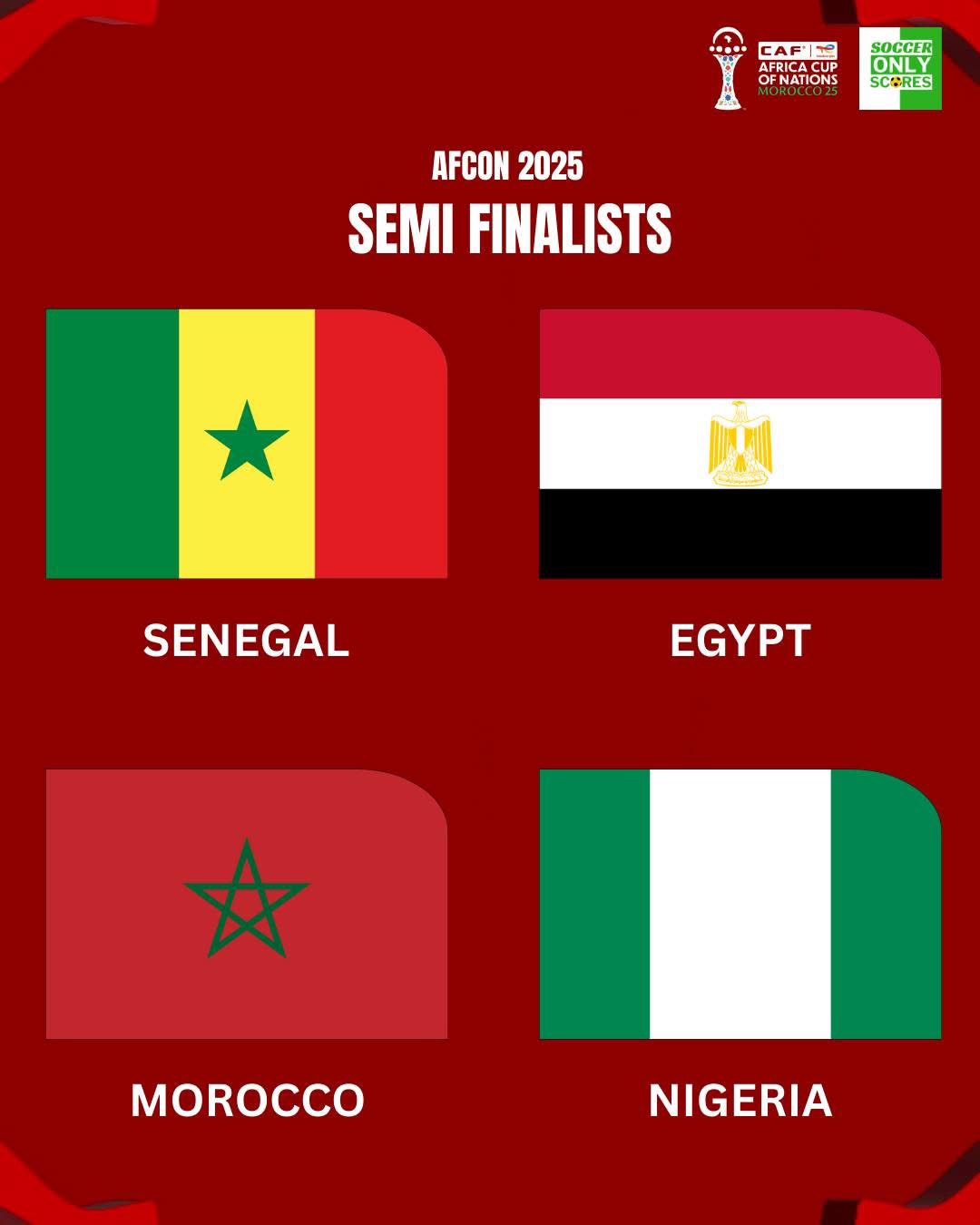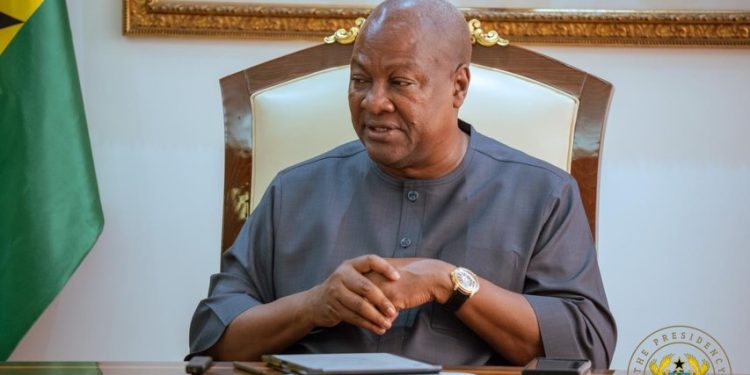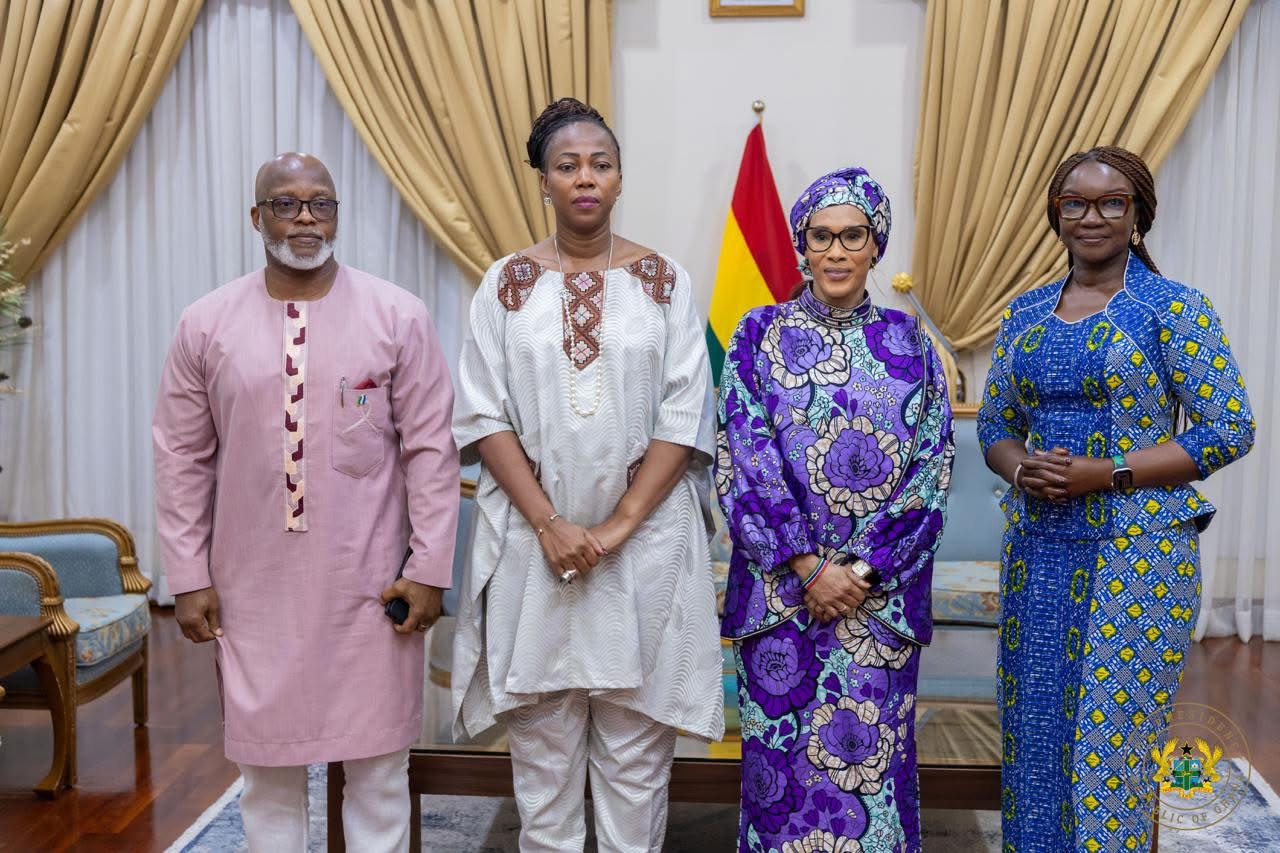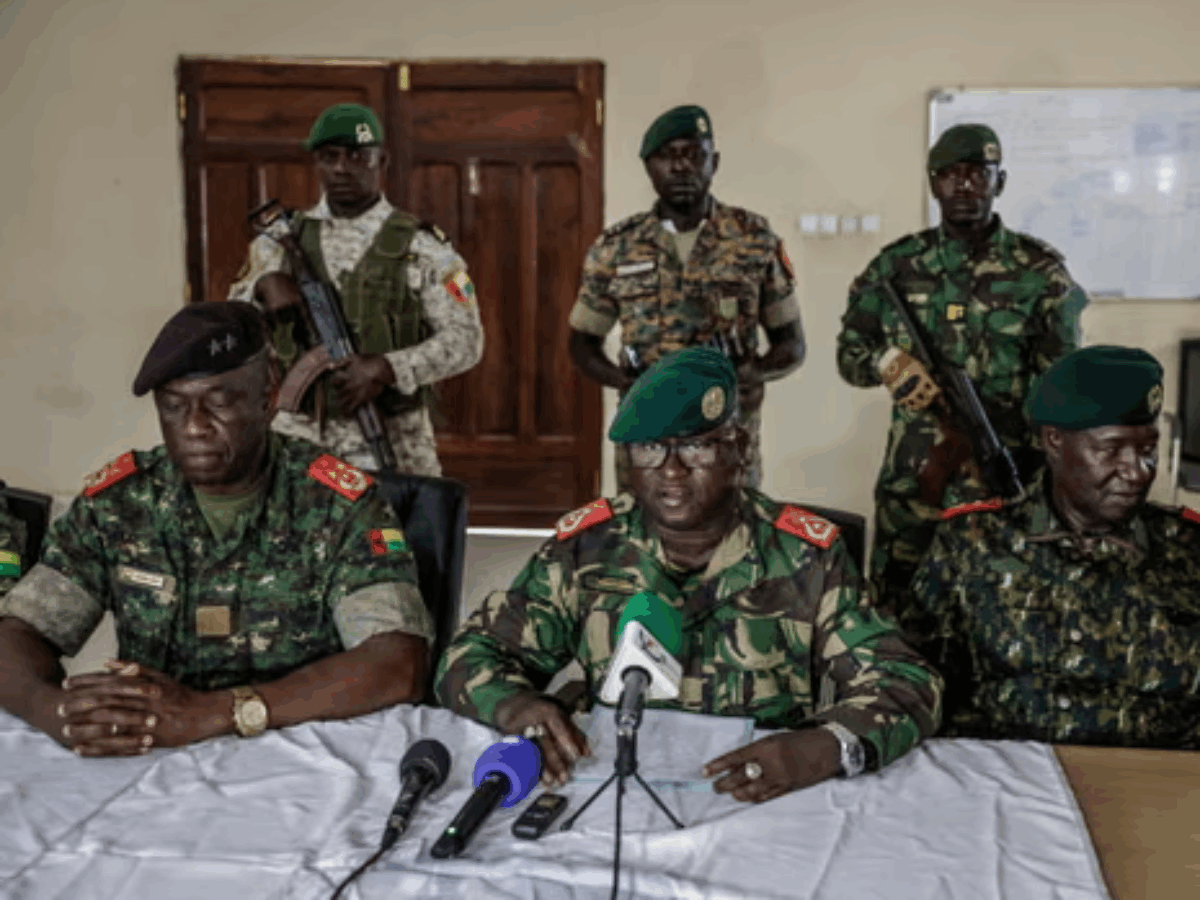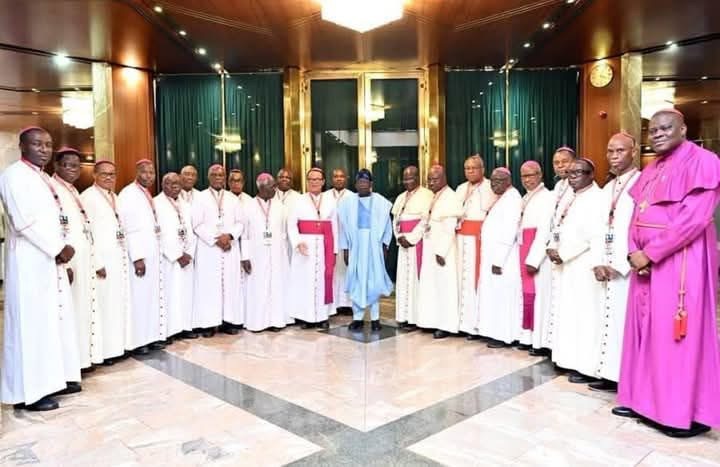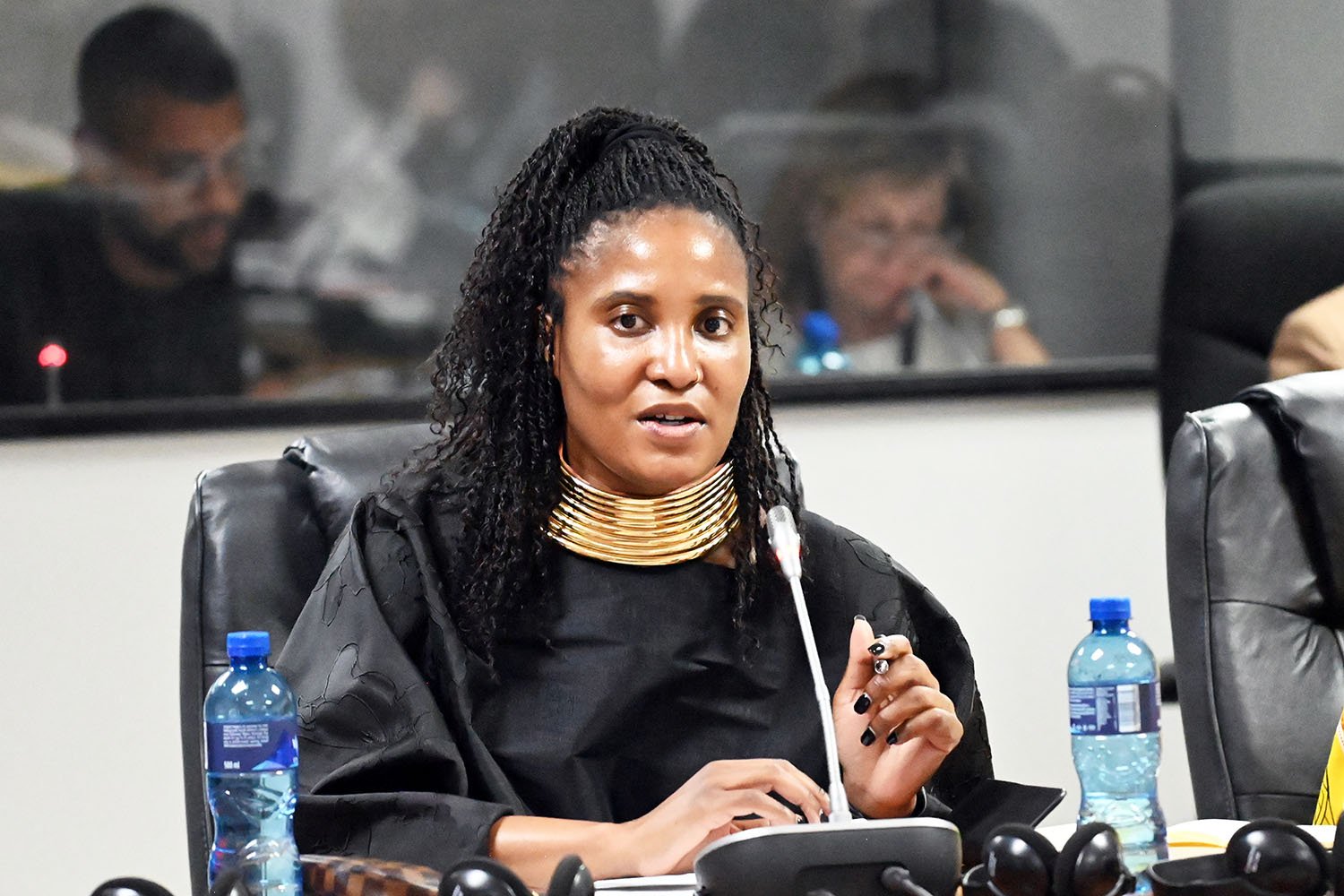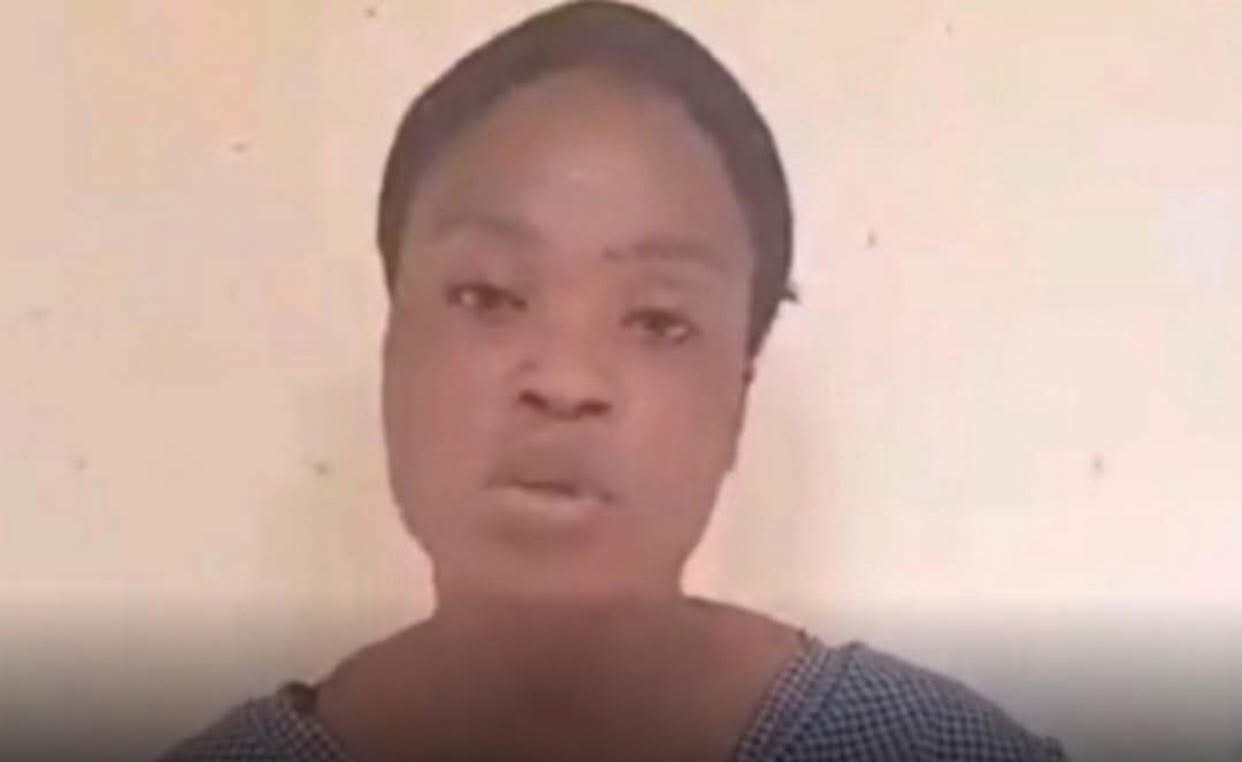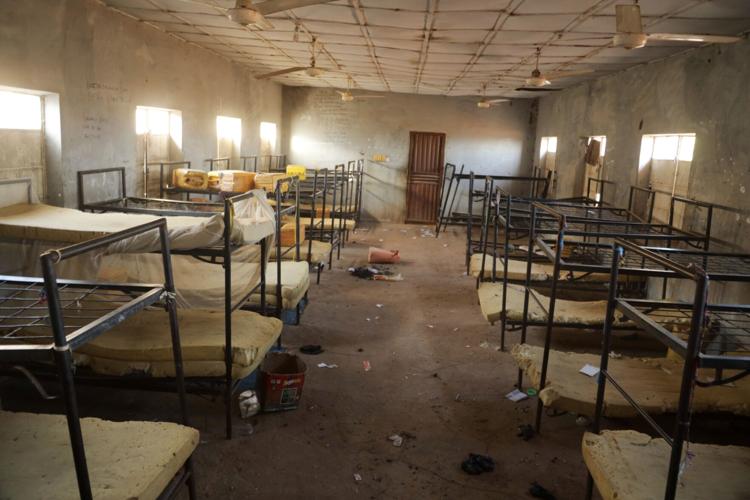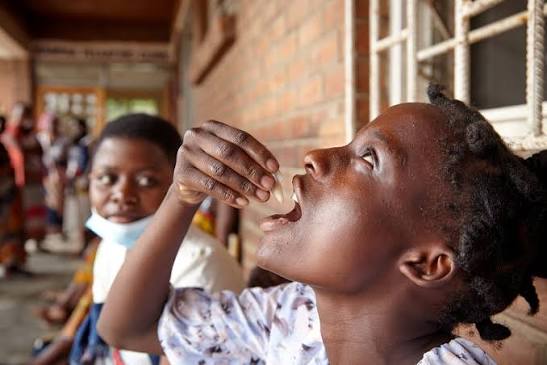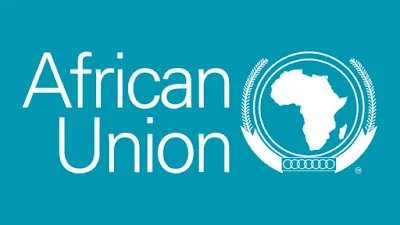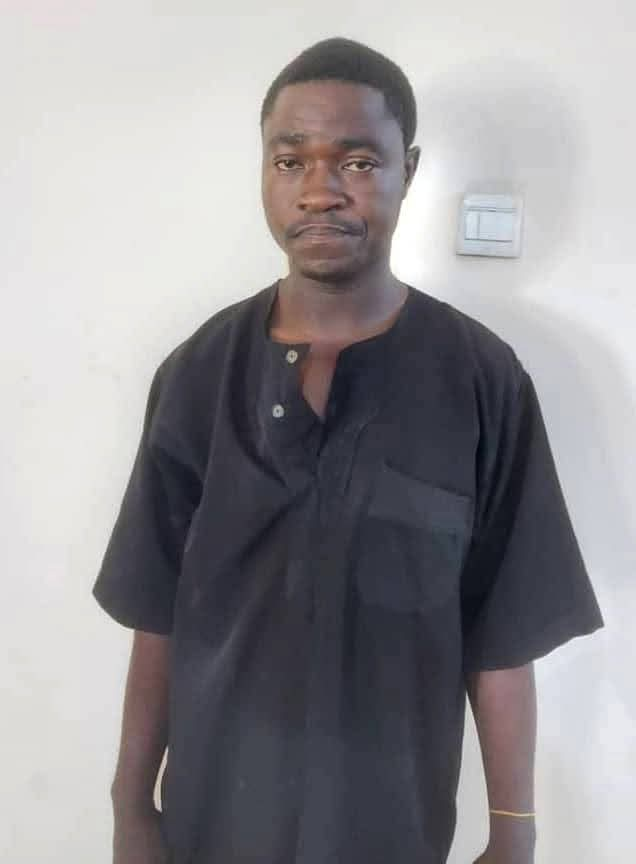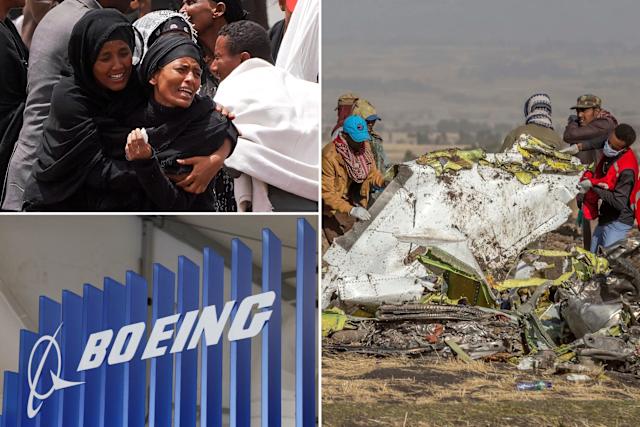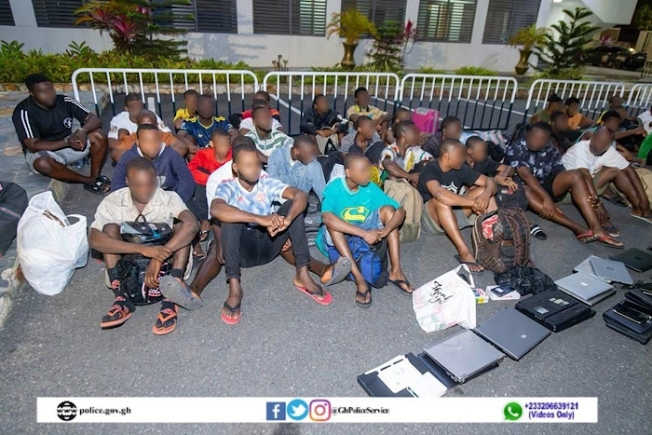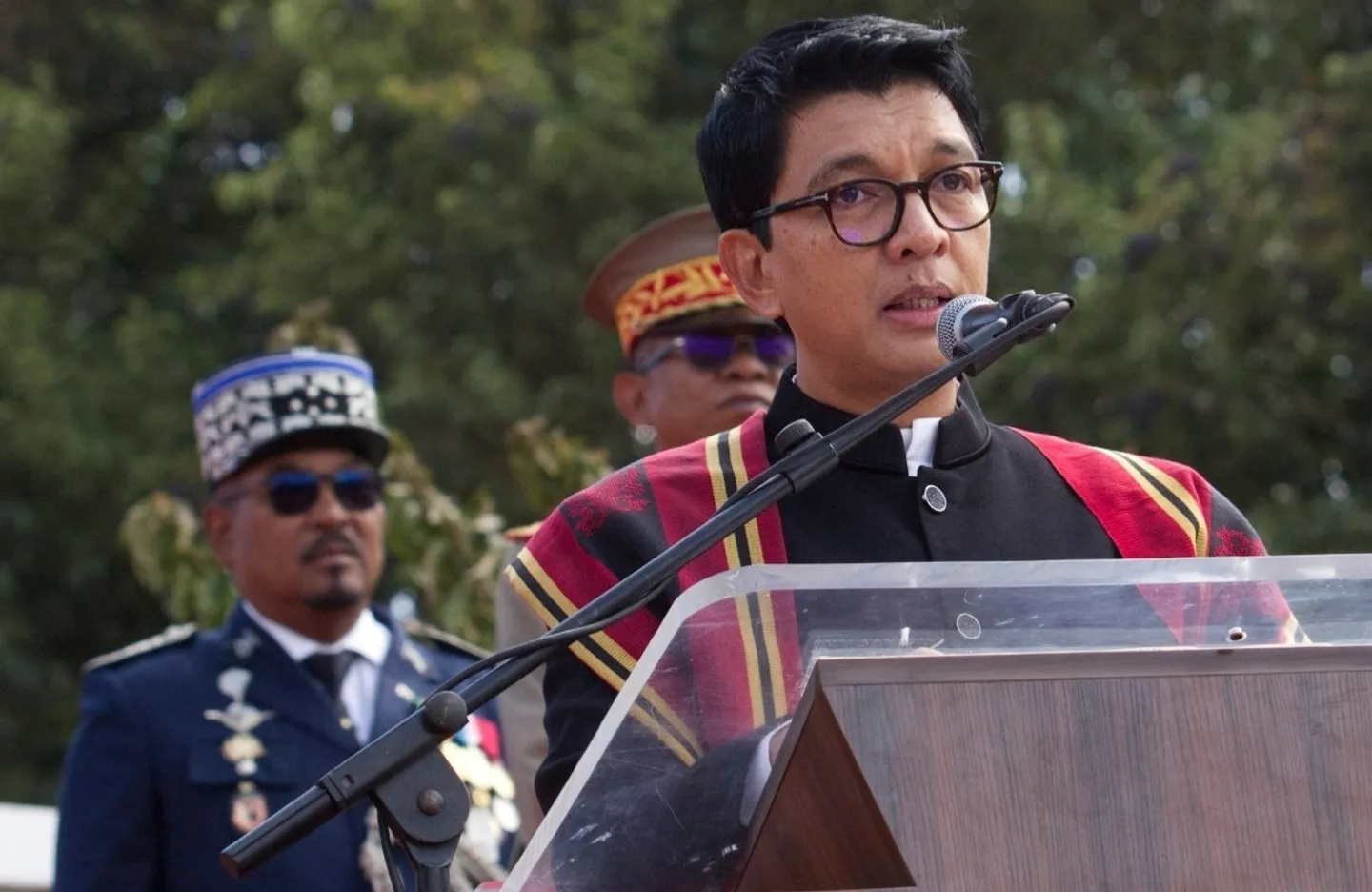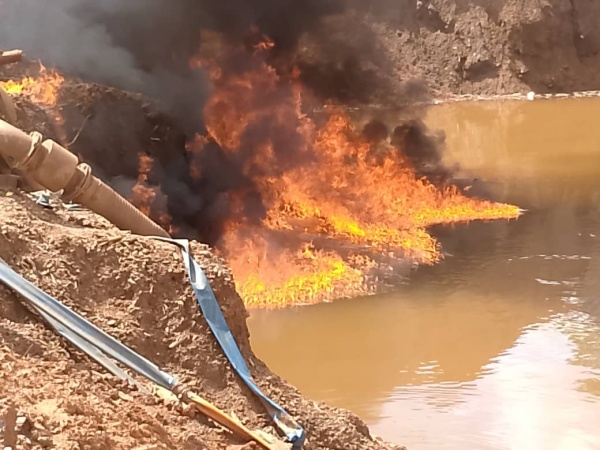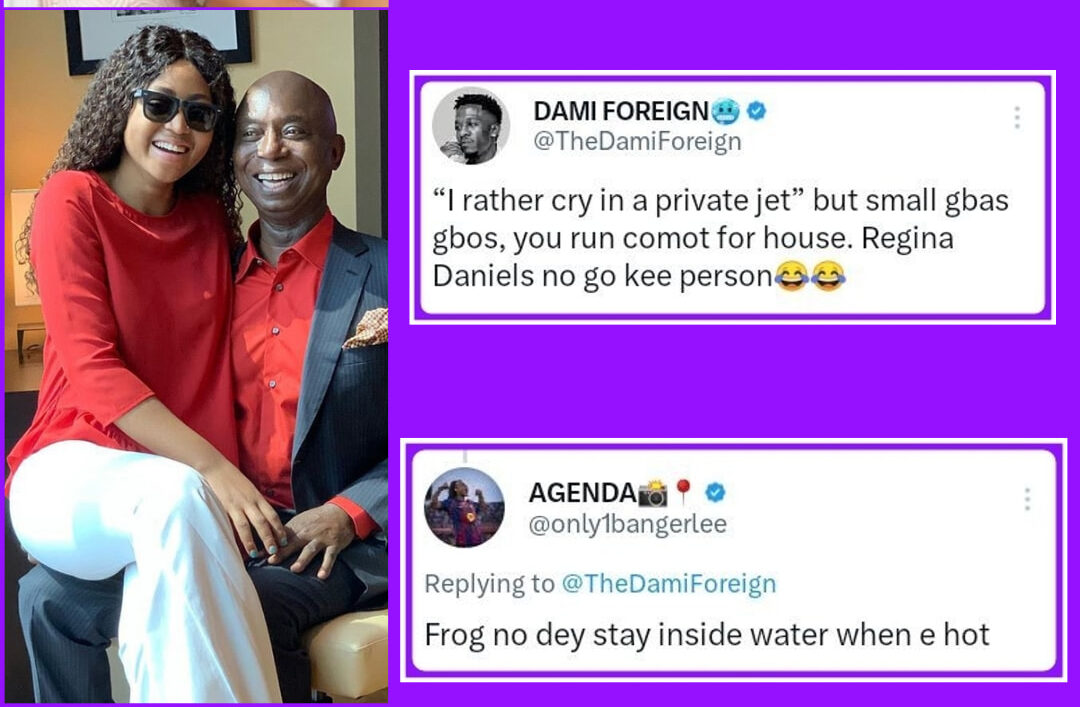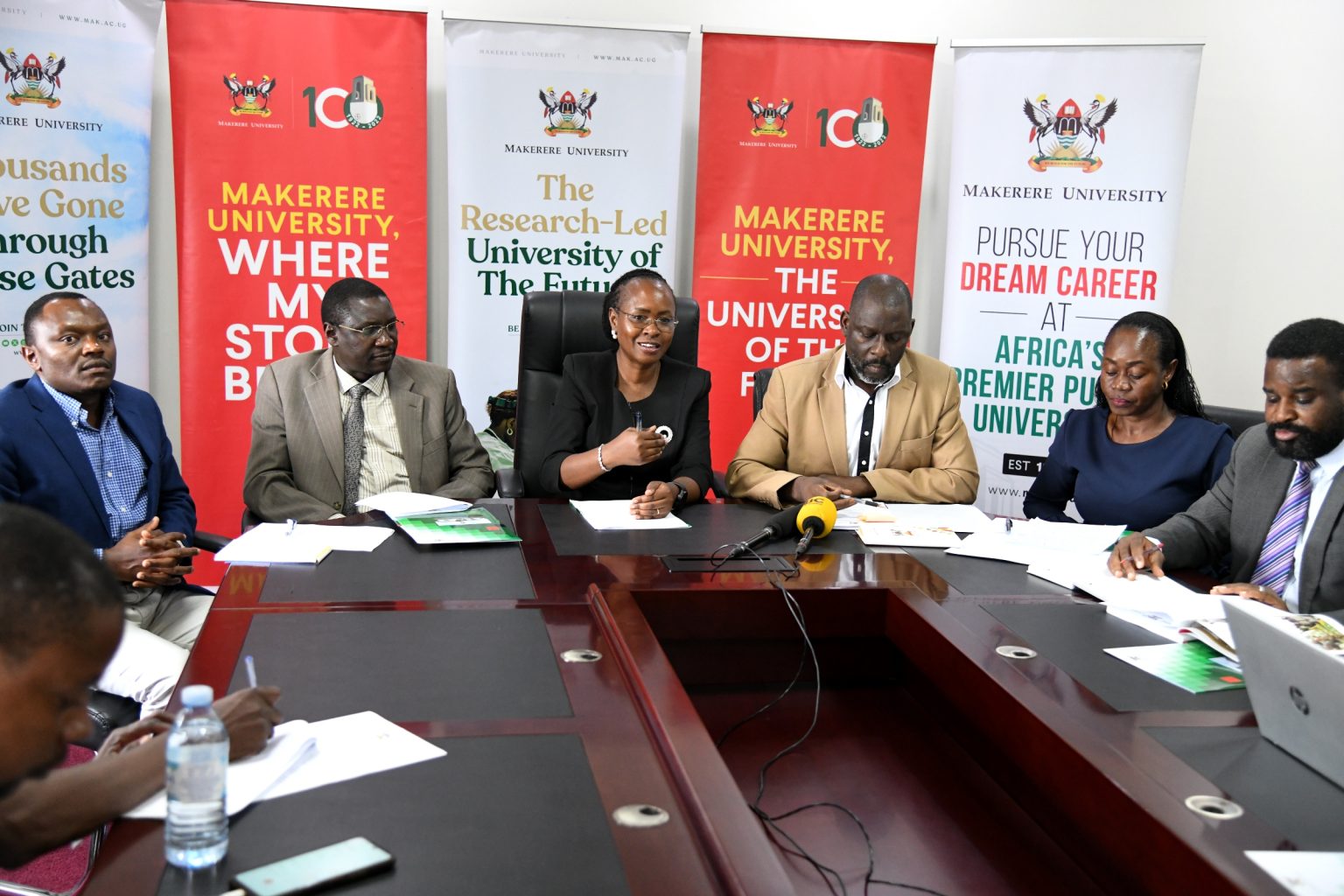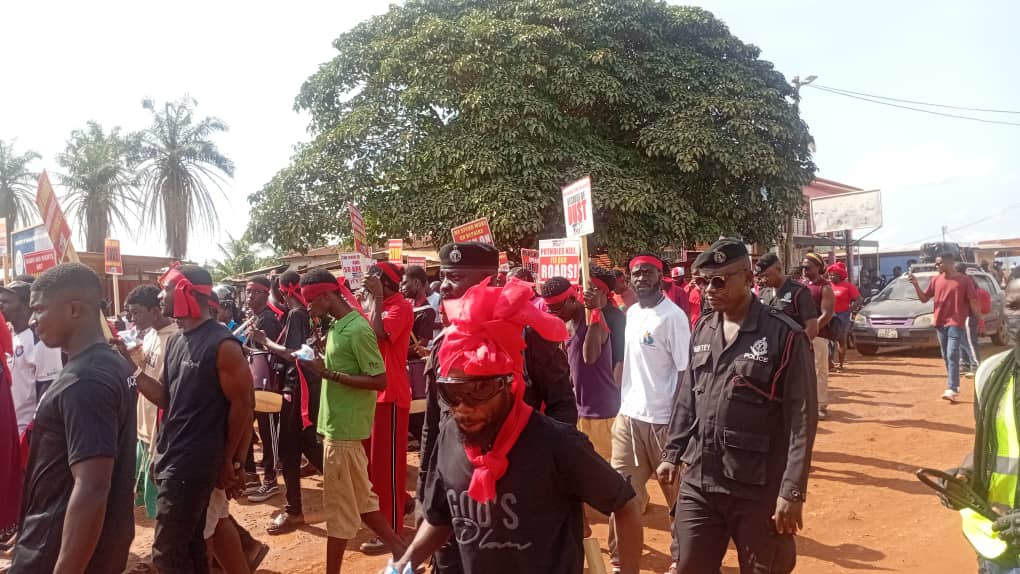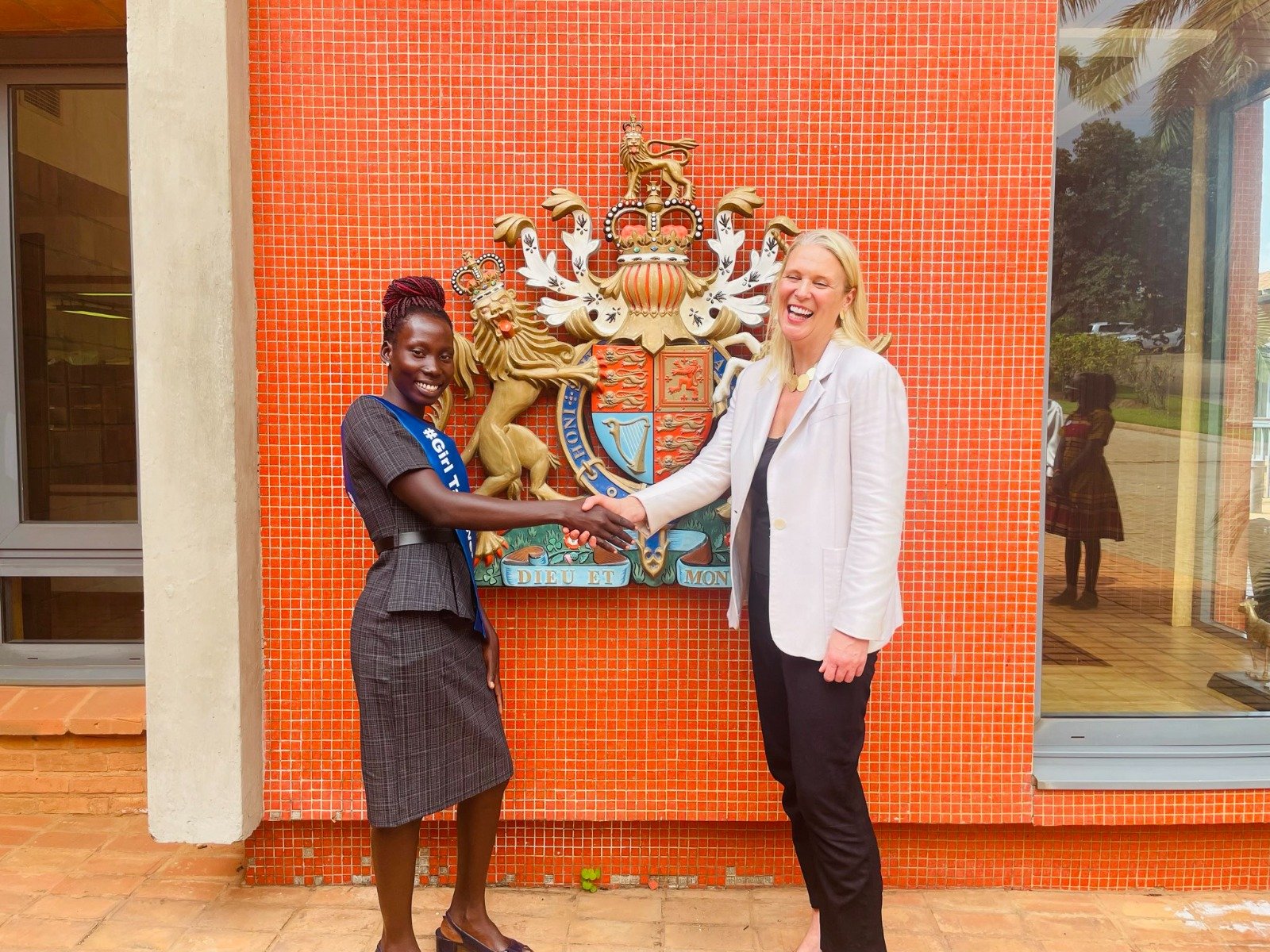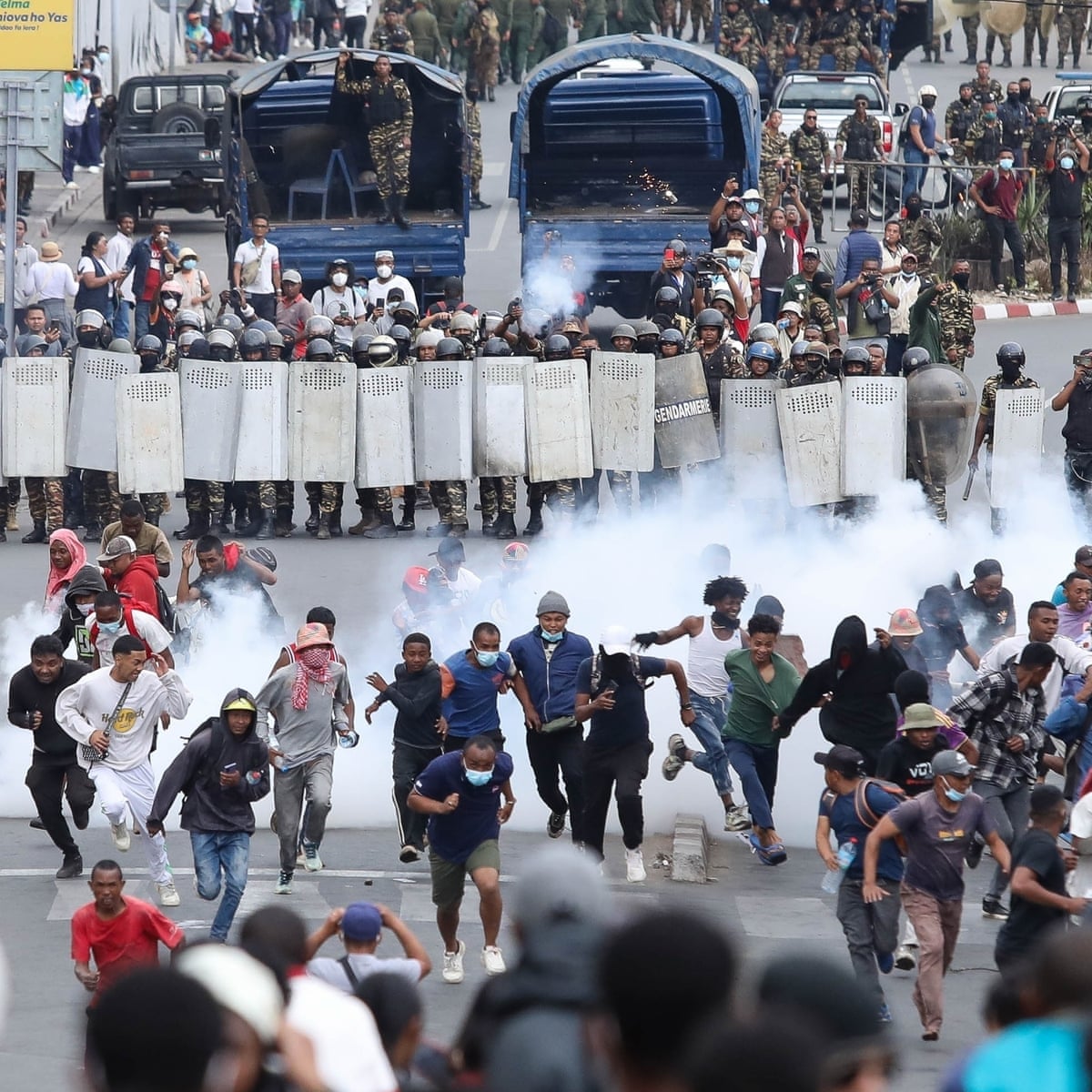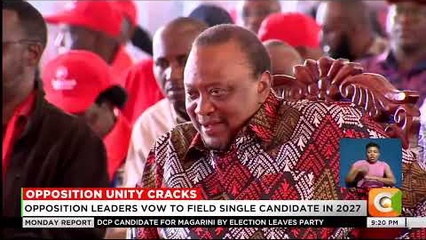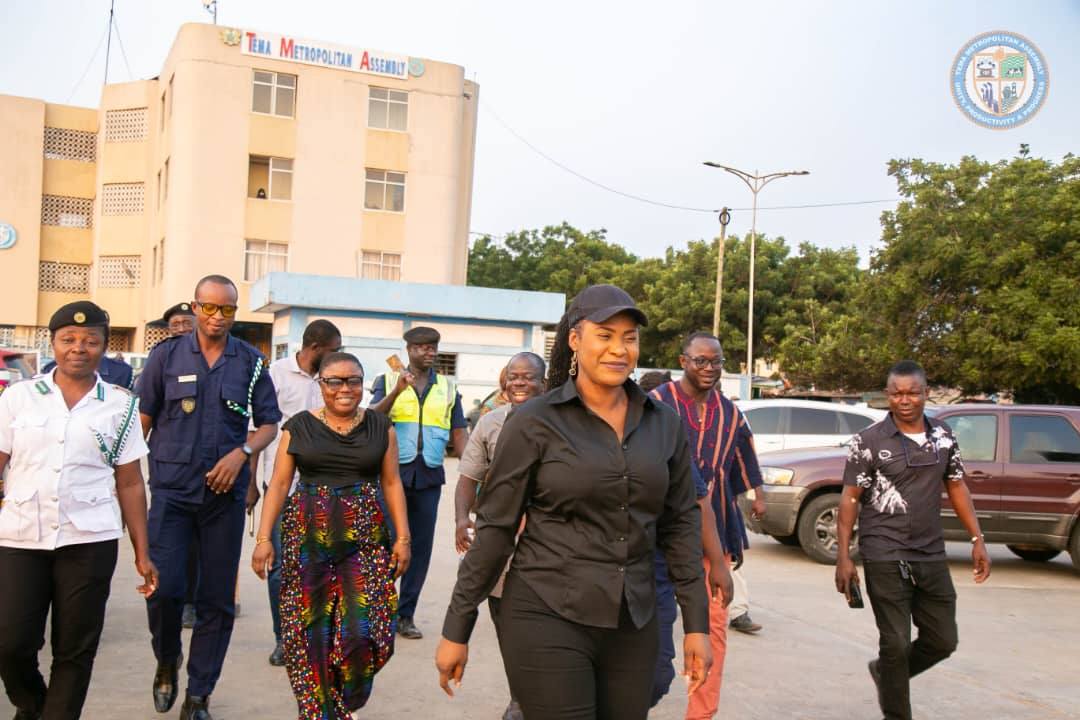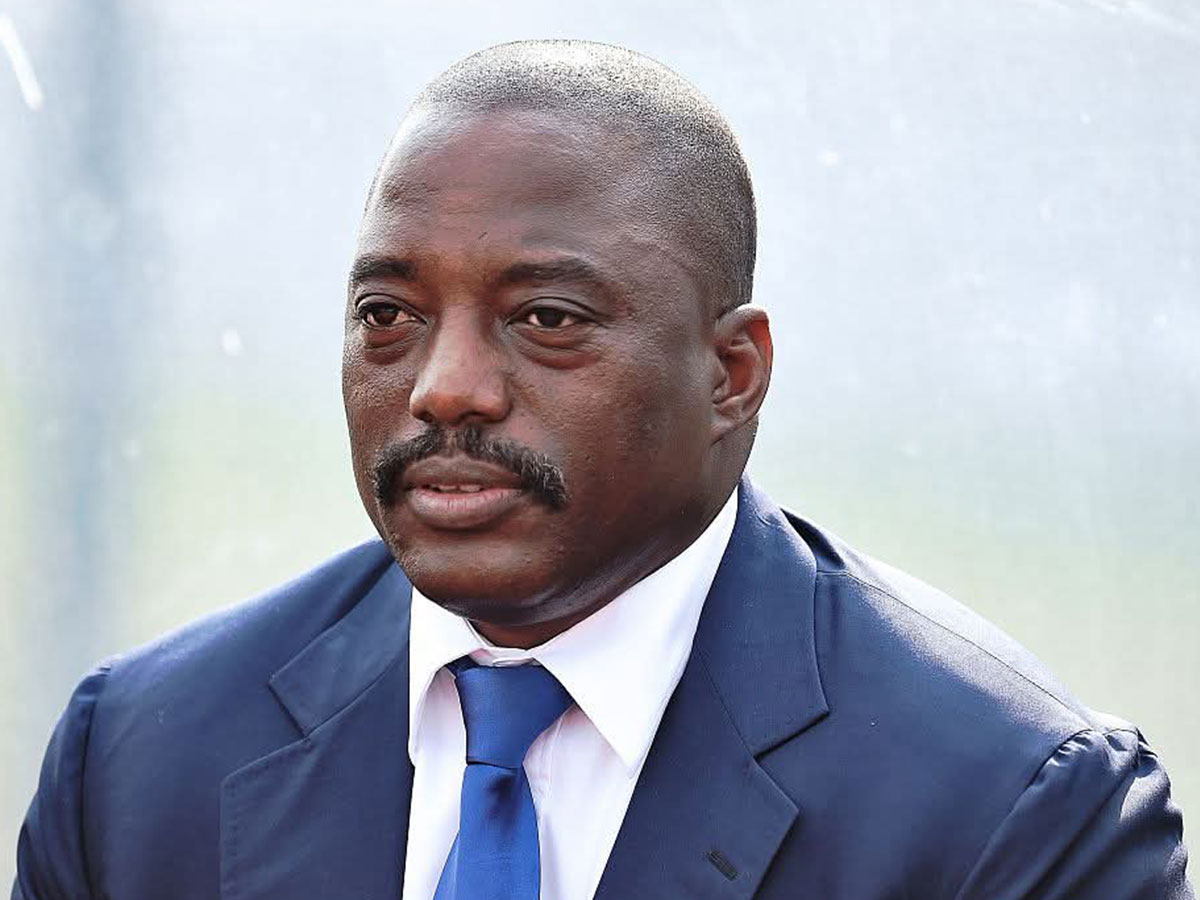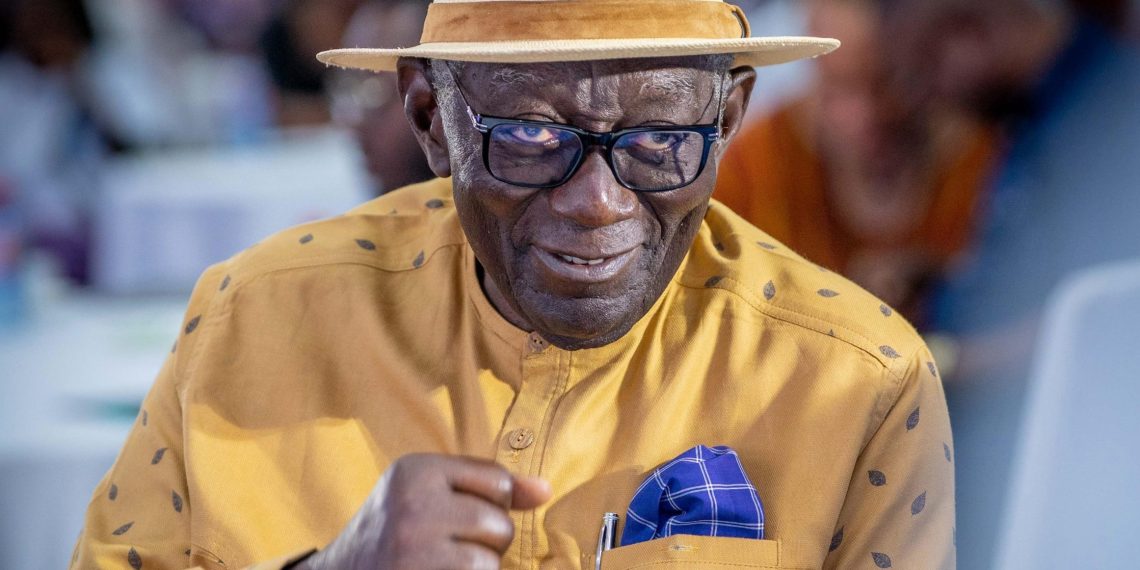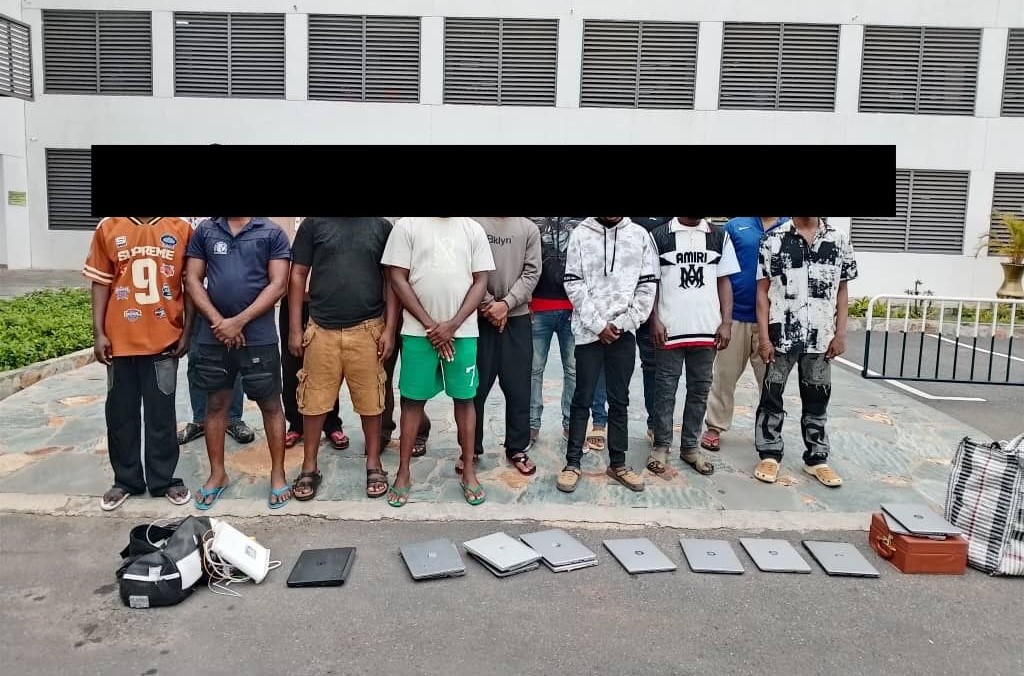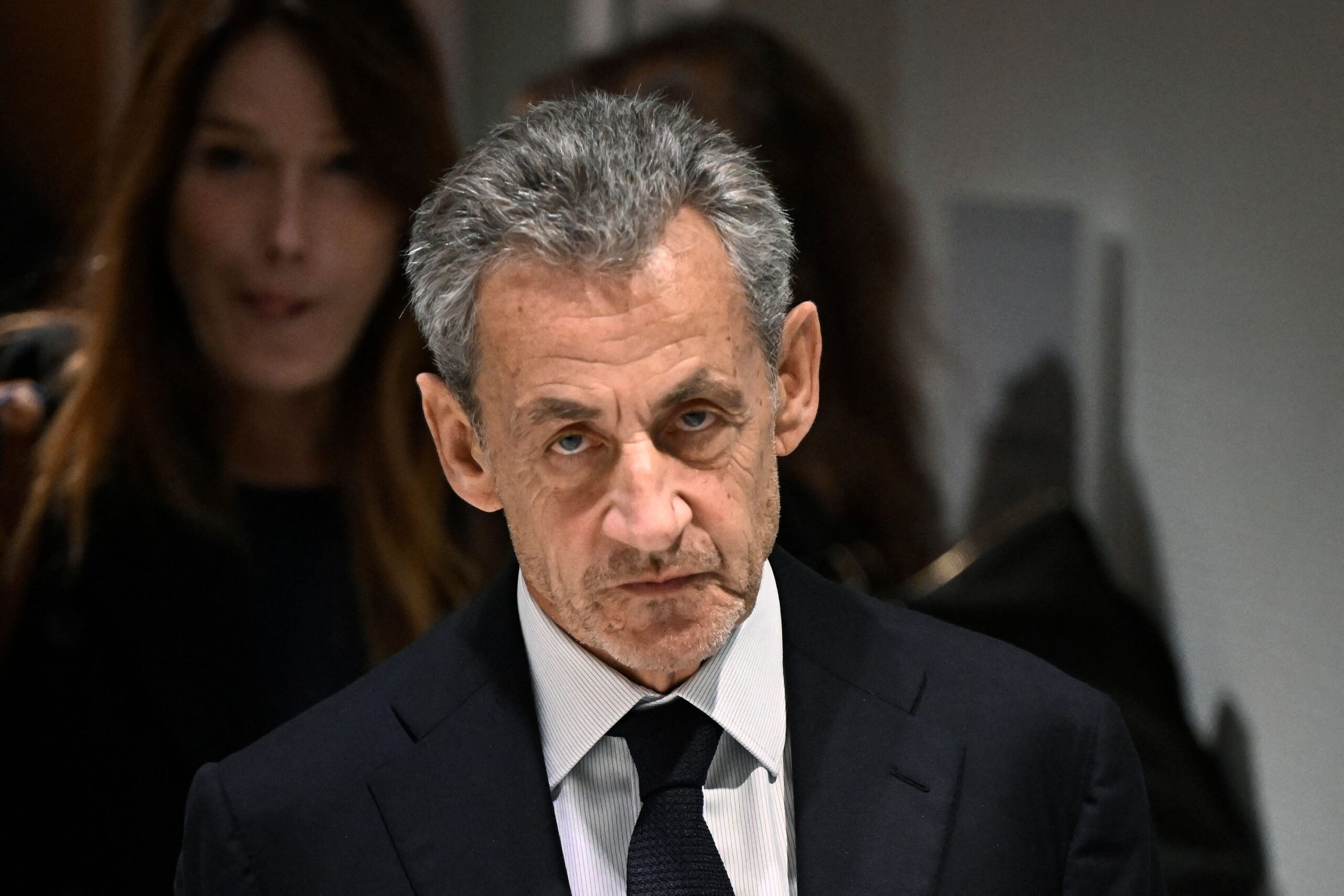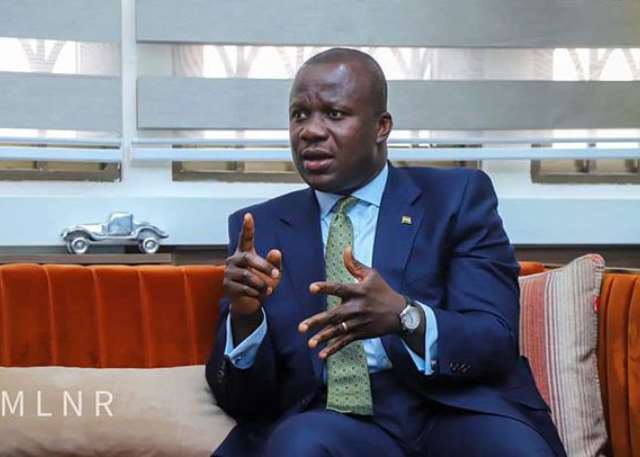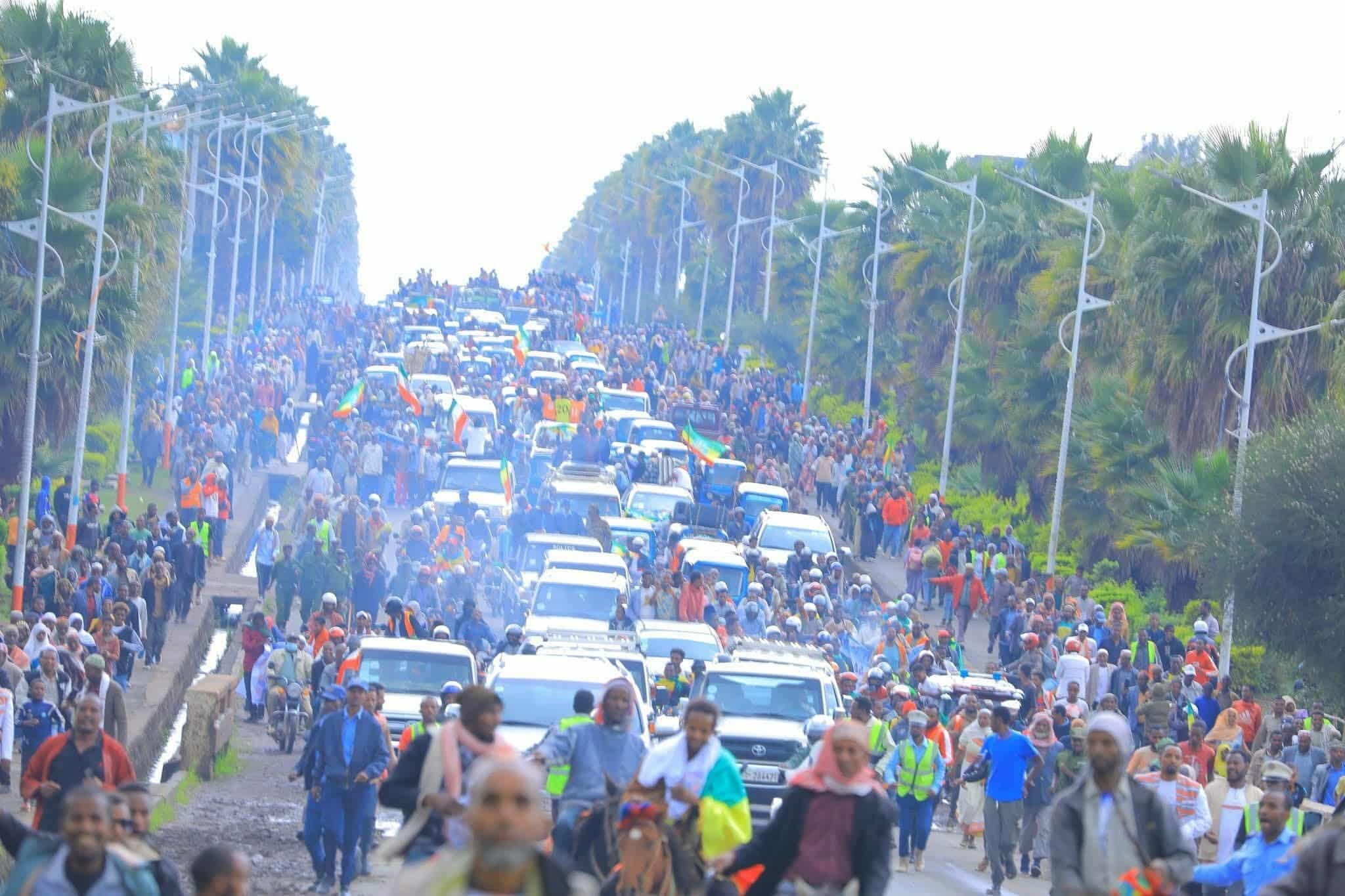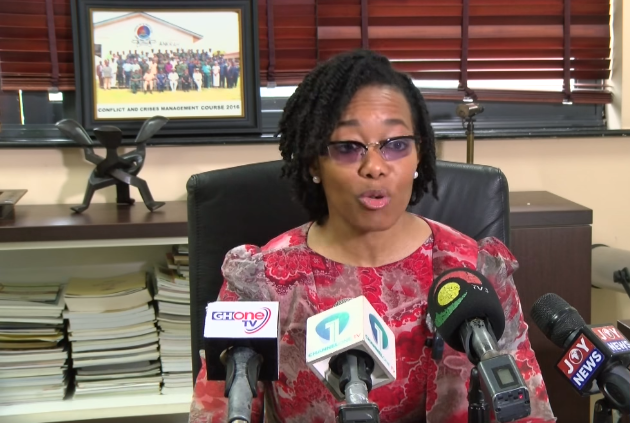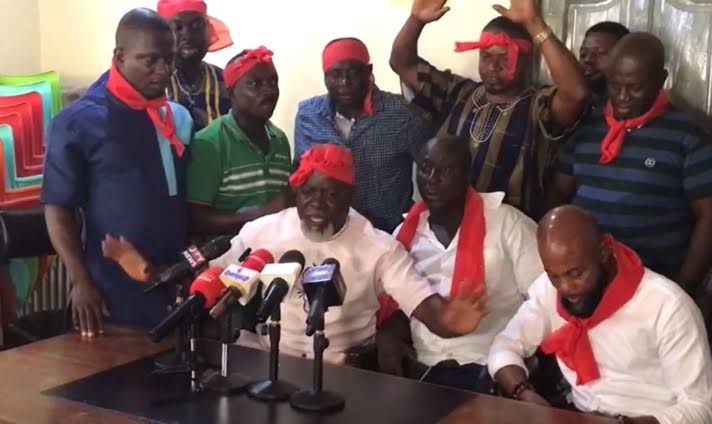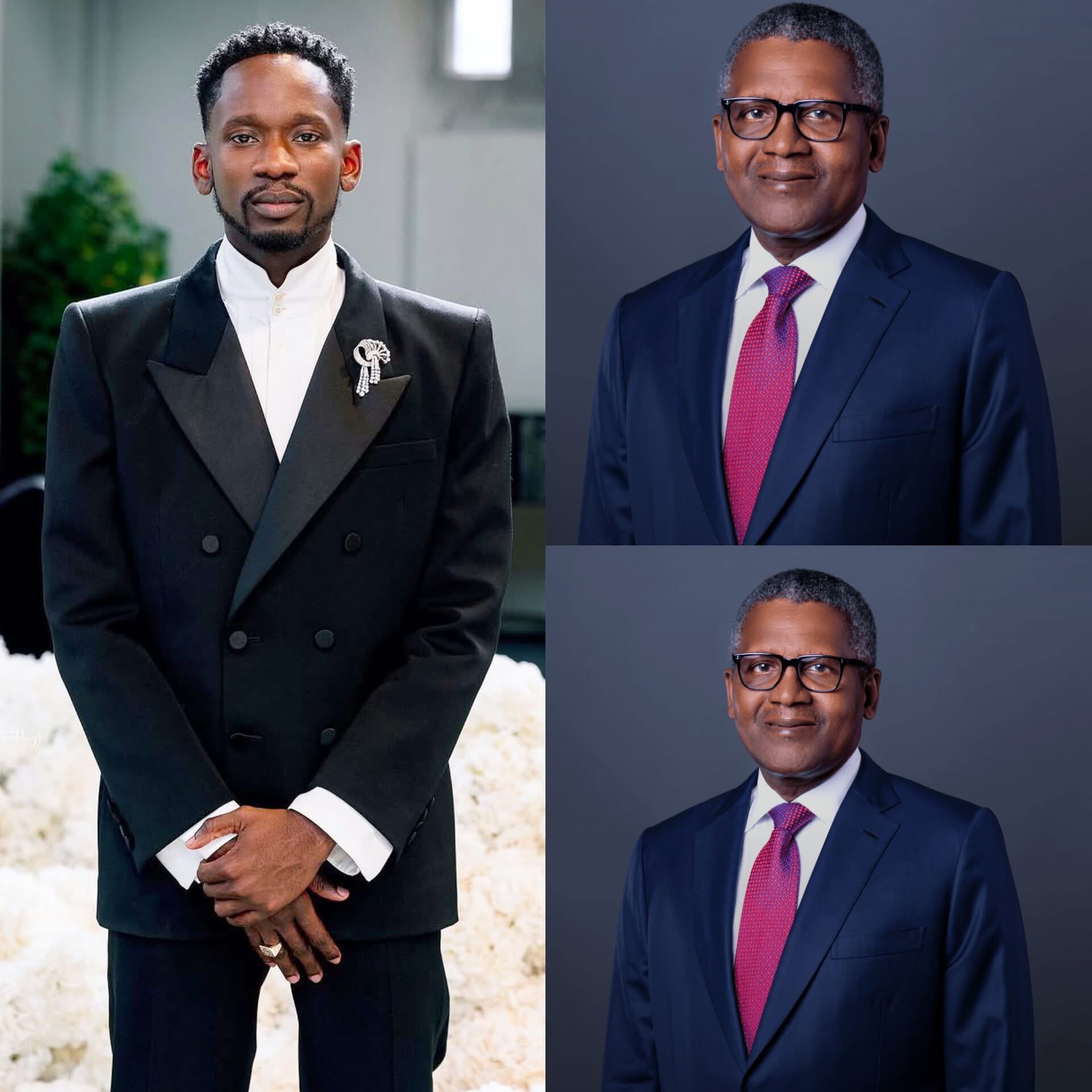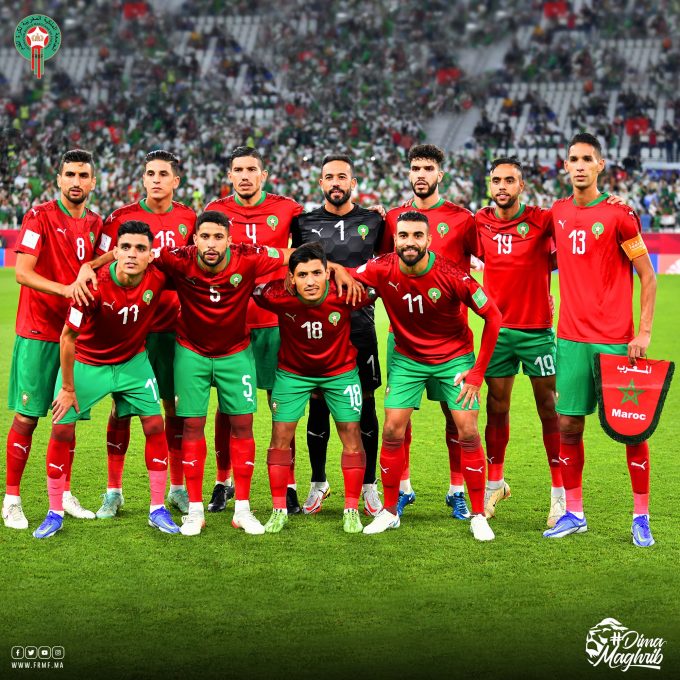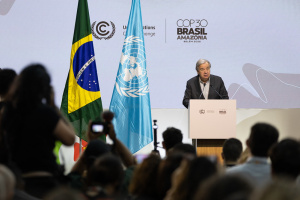
UN Secretary-General António Guterres has urged governments to deliver a balanced and actionable climate agreement at COP30, one that ensures credible emissions reductions, concrete adaptation funding, and reliable financial mechanisms.
Speaking at the climate talks in Belem, Brazil, Guterres backed a demand from the world’s poorest nations: to triple adaptation finance to $120 billion annually by 2030, helping vulnerable communities cope with extreme weather and rising seas.
“Communities on the frontlines are counting flooded homes, failed harvests, and lost livelihoods, asking ‘how much more must we suffer?’ They have heard enough excuses; they want results,” Guterres said. “Tripling adaptation finance by 2030 is both essential and achievable.”
Africa Day at COP30 highlighted the continent’s role as a climate leader under the theme: “Africa at the Forefront of Climate Action: Sustainable Financing for Resilient and Inclusive Green Growth.” Discussions focused on mobilizing sustainable, equitable, and innovative finance to accelerate Africa’s green industrialisation, from critical mineral processing to renewable energy solutions.
“Africa already stands at the forefront of global climate action, developing solutions that are locally grounded and globally relevant,” said Dr. Kevin Kariuki, Vice President for Power, Energy, Climate and Green Growth at the African Development Bank.
Despite contributing less than 4% of global greenhouse gas emissions, Africa hosts 20% of the world’s carbon sinks but receives under 10% of adaptation finance and only 3% of total climate funding. Developed countries have repeatedly fallen short of financing commitments, leaving Africa’s adaptation needs unmet.
Current estimates show developing nations’ annual adaptation needs for 2035 exceed available funding by at least 12 times. In 2023, rich nations provided just $26 billion, far below the target to double adaptation finance to $40 billion by 2025 agreed at COP26.
As COP30 nears its conclusion, African civil society groups, under the Pan-African Climate Justice Alliance, have called for outcomes that protect societies, strengthen resilience, and advance a fair, development-focused global transition. They are demanding over triple adaptation finance by 2030, with a clear public-finance pathway and a fully capitalised fund for loss and damage backed by predictable public resources.
African CSOs also emphasise fast-tracked support for resilient agriculture, water and health systems, coastal protection, and community-level adaptation complemented by early warning systems.
“For millions, adaptation is not abstract; it is the difference between rebuilding and being swept away, between replanting and starving, between staying on ancestral lands or losing them forever,” Guterres said. He urged wealthy governments, climate funds, and development banks to act urgently, noting that big emitters must both increase finance and accelerate emissions reductions to prevent further climate tragedies.
“It’s about survival, justice, and for Indigenous peoples, protecting cultures and homelands that sustain vital ecosystems,” he added.
Discover more from Hot Stories Ghana
Subscribe to get the latest posts sent to your email.

